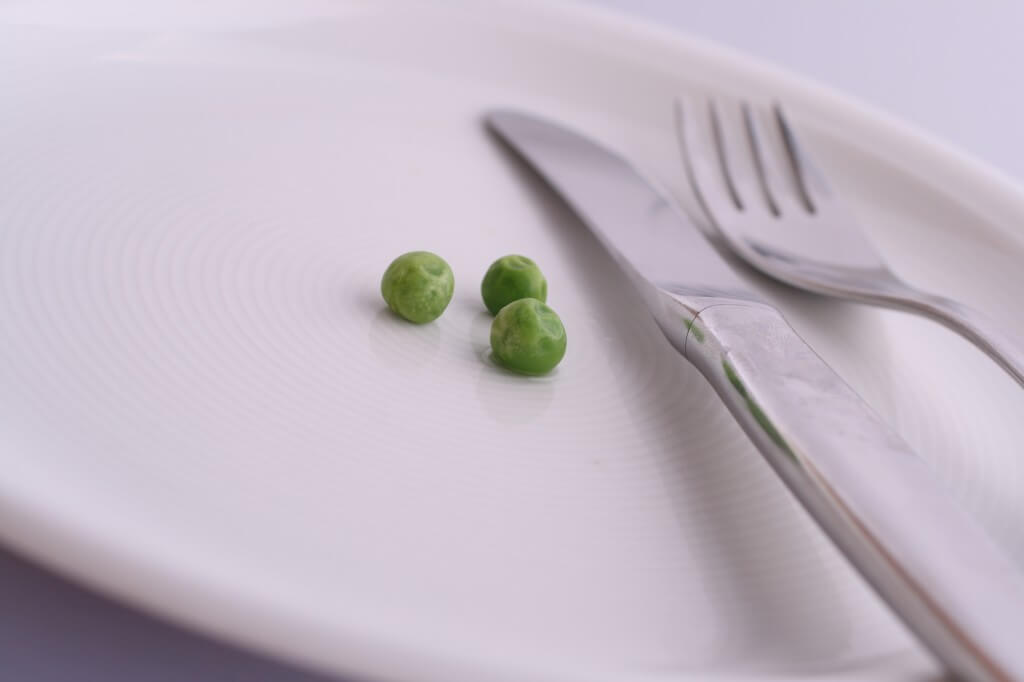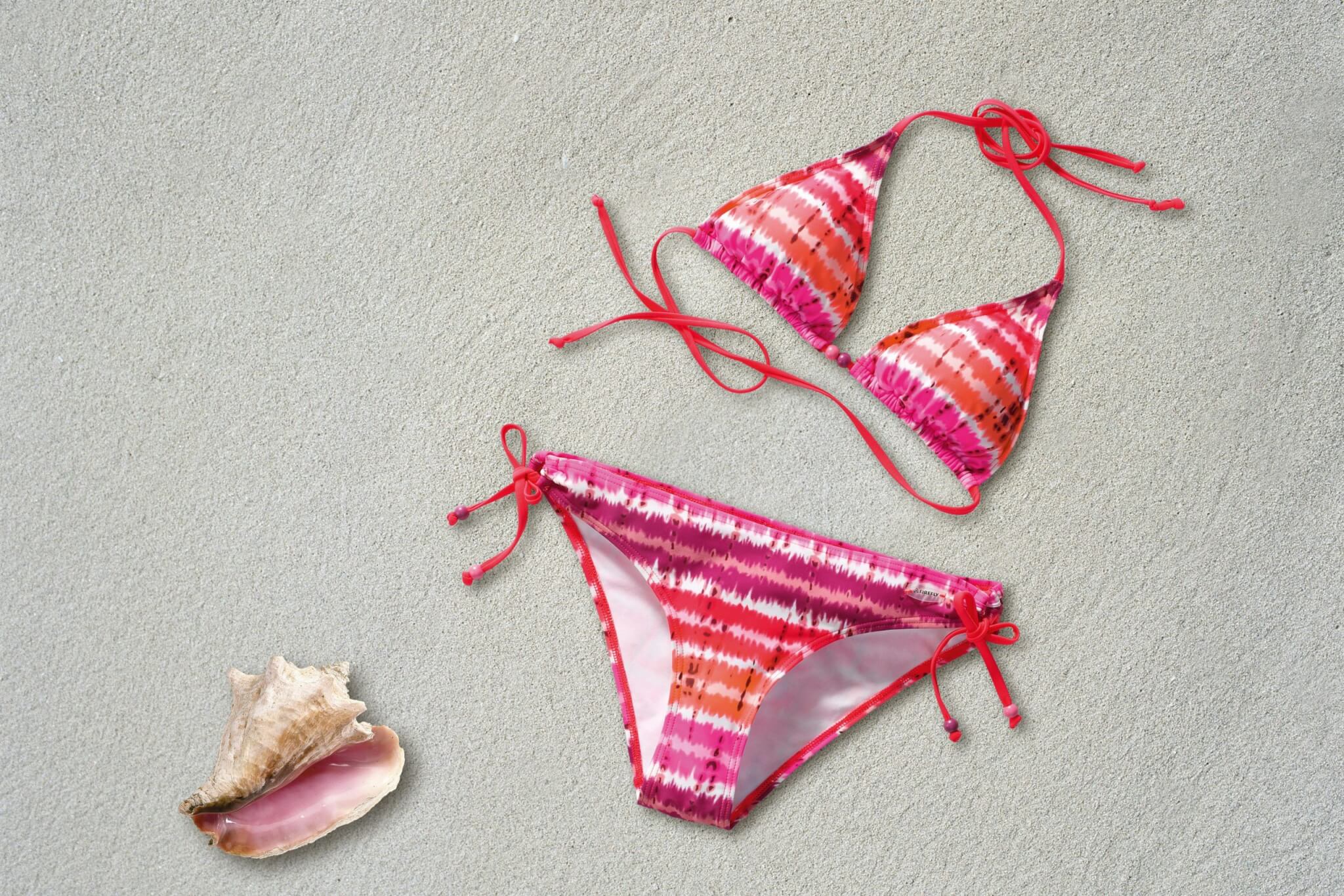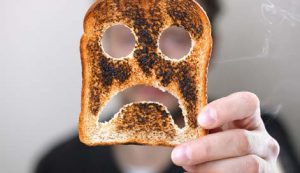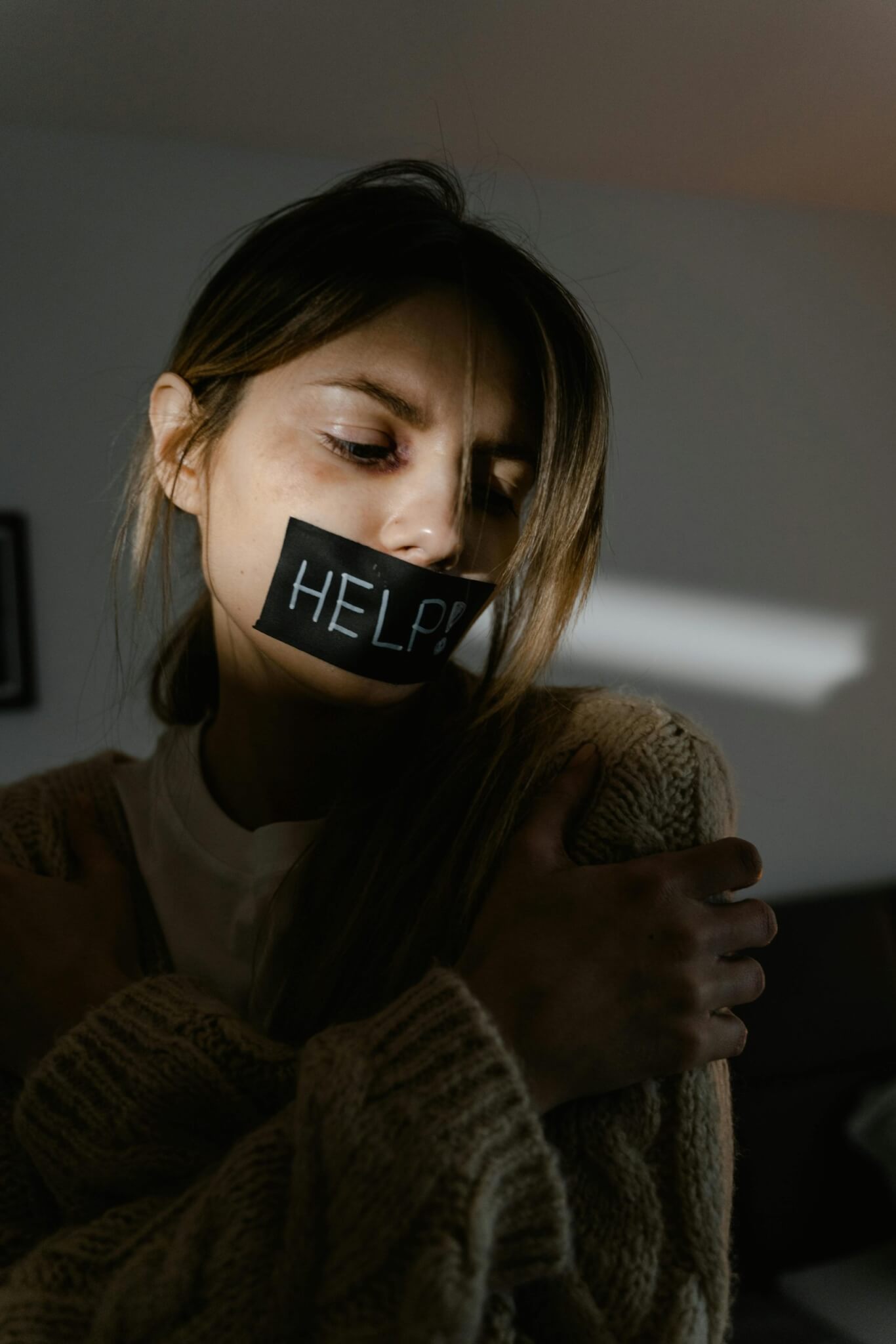Deanne says, when I see a story like this I really feel sad. How horrible to be trapped inside this condition for such a long time, and how lonely this lady is. I would like to help her but she thinks she is beyond help. If any reader would like to reach out to Emma Jane please let me know at admin@ncfed.com
ANOREXIA – ‘an ill and morbid state of the spirits, like a skeleton only clad in skin’.
I remember thinking of anorexia as my ‘secret friend’.I even gave her a name.
“Marnie”.Anorexia is MOST DEFINITELY NOT a friend. Unless you think of a friend as being wholly destructive, deadly, lethal, fatal.
Looking back, I still have a very clear memory of the day I decided to just eat Ryvitas. I’m not entirely sure why I picked this particular day, whether there was any great significance in it, or if the little demon that had been quiet enough in my head, had suddenly decided to have a voice and spring into life. And like the friend that I thought it was, I stopped and listened, heeding the advice that it gave me.
I had always had a rather fractious relationship with food, having been bullied mercilessly throughout most of my school life for being ‘the fat girl’, the person that no one wanted to be friends with, like I was some sort of freak of nature, an eyesore, a figure of fun. AND THAT HURT, A LOT.
I suppose I comfort ate. My childhood was fraught with severe trauma and abuse. Those scars having manifested themselves deeply, resulting in complex mental health issues, and at the time I turned to food as a source of comfort, something to enjoy.
On the day that I decided to severely restrict my food intake, I naively thought that I just
didn’t like food anymore. It was no longer the source of joy and comfort that it once had
been. Now it represented the devil, something wholly unlikeable, repugnant and a luxury I should no longer partake in and enjoy.
At the time it caused my family great upset. They just thought it was a phase, that I was
being difficult, dramatic and attention seeking. They seemed to make no effort to understand AT ALL.
I loved watching my body change shape. Hip bones appeared, something that I had never experienced before, I had cheek bones and I felt like I was finally getting the body that I had craved as a school girl, only many years too late.
The trouble was once I started to control my eating, I found that I was unable to stop. The control took over my WHOLE LIFE. It was all consuming and it was all I ever thought about. Eventually I got to a stage where my body weight became so low that I was unable to work, to live everyday life. My first hospital admission beckoned.
I was absolutely devastated when this happened. I had to leave my beloved cat at home and I was so upset that I had failed him, just like my family had failed me. I HATED MYSELF.
My admission lasted approximately 4 months. I attended all of the therapy classes and learnt a lot about myself and anorexia. It was no fairy story, believe you and me.
The day I got discharged I was so happy. Happy to be alive and happy to be reunited with my gorgeous cat again.
And I recovered. I stayed well for many years. I think I was so frightened of relapsing that I put my head down, plugged away at my recovery and made really good progress.
And then many years later, things began to go wrong.
My stepfather died after years of battling with alcoholism. I was absolutely devastated. I felt like I was to blame, that I should haven’t done more to help him. But if someone won’t accept their issues and that they need help, then you are very limited as to what you can do.
I had already begun to struggle with my eating but my mental state began to rapidly
deteriorate. I literally felt like I was drowning every minute of the day. There was no let-up.
In what turned out to be my last day at work, I threatened to jump out of the window unless I was allowed to go home. I became totally and utterly hysterical. I knew for a while that my head wasn’t feeling well but I didn’t really understand the messages that it was giving me, or that I was seriously very unwell.
I felt like I was living in some weird, blurry haze. Nothing made sense to me anymore. I
became very impulsive and tried to kill myself on several occasions. Thankfully I didn’t
succeed. My Doctor was and still is absolutely amazing. I remember going to see him after my breakdown. He asked me what had happened. I said “I don’t know but I know I’m not very well”. A whole load of jumbled up words and sentences came flooding out of my mouth.
That was one of the very few occasions where I saw him panic about my state of mind.
As a form of control, my old ‘friend’ Marnie completely took over my head before I had even
realised it. I HAD TO CONTROL EVERYTHING. It was the only thing that I had left in my life.
Week after week, I lost weight. I just couldn’t stop myself, secretly elated when the scales dropped further each time that my Doctor weighed me. He kept asking me to stabilise my weight and I would smile and say that I would try, but had no intention of ever doing it at all.
And then the morning came where I was weighed and it had dropped to such a level that it was beyond dangerous now. I felt too tired and ill to care anymore. I just couldn’t carry on
‘living’ like this. Except I wasn’t even living, I was just existing and barely able to do that now.
So the next day I met my EDS Consultant and my Doctor at my house. They wanted to
admit me that day, that potentially I had just 2 days to live. I refused as I needed to sort out who would look after my little rescue cat and my horse. My whole world was coming crashing down around me. The 2 things I loved more than anything else, and yet again I had failed, BIG TIME. I have massive abandonment issues after my childhood, and here I was abandoning them. On what was deemed my 2nd day left to live, I was admitted to hospital. No level of understanding or support from my family whatsoever. I was so poorly that nobody expected me to survive the weekend, BUT I DID. T and Ro, my cat and horse, gave me the willpower to fight, fight to survive, to live. I JUST COULDN’T LEAVE THEM FOREVER.
My admission lasted for 6 and a half months. During this time I did lots of writing and also wrote and recorded some songs. It’s strange how life takes you on all sorts of paths and journeys that are completely unexpected, but welcome nonetheless.
The worst thing was, was that I HATED GAINING A NORMAL BODY SHAPE again. Where were the bones I used to thrive on seeing? My once skeletal frame that I accepted was ‘normal’, had disappeared. We had body image lessons where they try to convince you that size is just a number and the importance of being healthy. My head just screamed the total opposite to me.
As soon as I was discharged, I stupidly acknowledged the voices in my head telling me to lose weight again, not loads but just enough so that I would feel happier again. I had grown up with the notion that thin girls are popular and have more friends.
So the weight started to fall off me again. I kept vowing to myself that I would stop. I wasn’t going to make myself ill again. That would be stupid, ridiculous after nearly killing myself only a few months previously.
Except when anorexia takes hold again, it has happened before you even realise it.
Suddenly you’re back to all consuming thoughts and taking back control again to very
dangerous levels. Because control is ALL YOU HAVE LEFT.
Nearly 3 years since my discharge and I’m sad to say that anorexia as well as BPD, bipolar and PTSD are STILL causing me great harm, hurt and distress.
I feel really sad that I have let things regress to this level again. I HATE IT AND HATE
MYSELF for allowing it to happen.
There are so many misconceptions and prejudgements surrounding mental health illness. You cannot see a person’s anguish and suffering like you would for a physical ailment. This is beyond frustrating. Mental illness is just so powerful and domineering. Anorexia is certainly no friend of yours either.
I live in hope that one day, either in the near or distant future, that someone will find the right key to open up my mind so they are able to help me. Until then, that box in my head remains very tightly shut. Emma-Jane Bradbury-Jackson










 The experts are now making demons of sugar and saying its really OK to eat fat and fat doesn’t make you fat. I think the message will get home in about 100 years but I don’t think that people who suffer with bulimia and anorexia will take much notice. Because eating is the problem and the nutrients don’t matter very much. I often wonder whether if people with eating disorders could eat anything they liked and not gain weight, they would still be afraid of food. Because food means much more than what it is in it.
The experts are now making demons of sugar and saying its really OK to eat fat and fat doesn’t make you fat. I think the message will get home in about 100 years but I don’t think that people who suffer with bulimia and anorexia will take much notice. Because eating is the problem and the nutrients don’t matter very much. I often wonder whether if people with eating disorders could eat anything they liked and not gain weight, they would still be afraid of food. Because food means much more than what it is in it.


